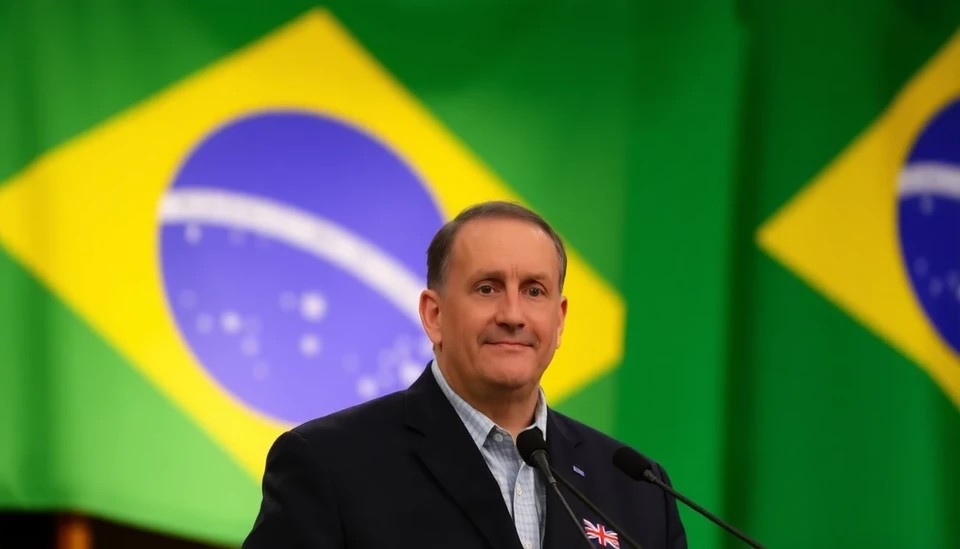
Brazil's government has unveiled a strategic plan to cut approximately $12 billion in public spending as the country grapples with significant economic challenges. The announcement comes as President Luiz Inácio Lula da Silva looks to balance fiscal responsibilities while maintaining social welfare programs crucial to supporting the nation’s vulnerable populations.
The proposed reductions aim to navigate through a challenging economic landscape, which has been exacerbated by a combination of high inflation rates and slow economic growth. The Brazilian economy, traditionally reliant on commodities, has faced headwinds due to a global economic slowdown and fluctuating prices, necessitating urgent fiscal adjustments.
In a press briefing, Finance Minister Fernando Haddad explained that the government is committed to fiscal discipline while ensuring that essential public services are not compromised. The cuts will focus on various sectors, with an emphasis on reducing unnecessary expenditures, streamlining bureaucracy, and enhancing efficiency in public administration.
This move comes on the heels of Lula's administration facing pressure to rein in spending, particularly with Brazil's debt levels continuing to rise. The government aims to demonstrate its commitment to maintaining economic stability and restoring investor confidence, which is crucial for long-term growth and recovery.
Haddad reassured the public that despite the spending cuts, key social programs aimed at alleviating poverty and promoting economic equity will remain intact. The government is prioritizing investments in education, health, and infrastructure, signaling that while fiscal prudence is essential, the welfare of the Brazilian populace will not be neglected.
Economists have largely welcomed the announcement, viewing it as a necessary step towards stabilizing the economy. However, some analysts caution that the cuts could impact short-term growth, especially if they result in reductions in government contracts or halt progress on infrastructure projects critical for future development.
The success of Brazil's economic strategy will depend heavily on the government’s ability to balance these cuts while simultaneously fostering an environment conducive to growth. Key to this strategy will be ongoing engagement with various sectors of society to mitigate potential backlash as the country navigates these fiscal waters.
As Lula's administration steps forward with this spending plan, the ongoing economic performance will be closely monitored by both domestic observers and international markets, eager to see how these measures impact overall economic health.
In conclusion, Brazil's unveiling of its $12 billion spending cut plan reflects a commitment to fiscal sustainability within the context of pressing economic challenges. As the government navigates these tough choices, the focus remains on balancing austerity measures with the need to support vulnerable communities.
#Brazil #Economy #SpendingCuts #LulaDaSilva #FiscalPolicy #PublicSpending #EconomicChallenges #Investment #Infrastructure #SocialPrograms
Author: Laura Mitchell




